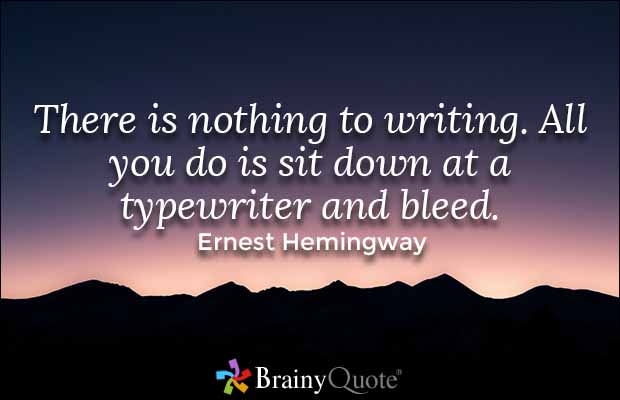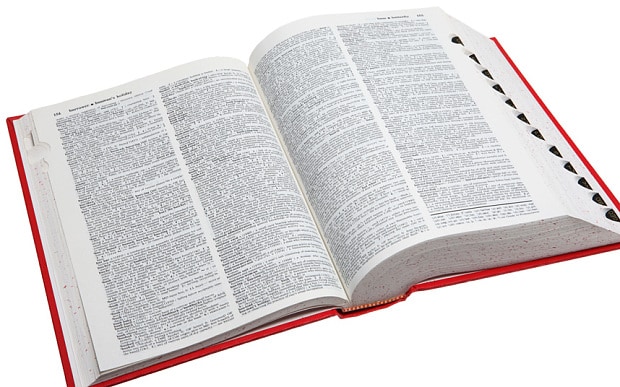Our topic for the January Round Robin Blog is: Everybody wants to write a book, but most do not. Writing is hard work. What got you started, and what helps you get through a complete story?
 I think everyone has a story in them and we often hear people say they want to write a book, or they should write a book. But the truth is, writing really is hard work. At least, writing that is captivating, convincing and capable of drawing the reader in, and keeping them on the edge of their seat until the very last page. There are some who freely admit they can’t or don’t wish to write. Back in the day of correspondence that included picking up a pen and paper, I had friends who shrugged and said, "I’d never know what to say." But story telling is as old as mankind. Writing a book is story telling in print.
I think everyone has a story in them and we often hear people say they want to write a book, or they should write a book. But the truth is, writing really is hard work. At least, writing that is captivating, convincing and capable of drawing the reader in, and keeping them on the edge of their seat until the very last page. There are some who freely admit they can’t or don’t wish to write. Back in the day of correspondence that included picking up a pen and paper, I had friends who shrugged and said, "I’d never know what to say." But story telling is as old as mankind. Writing a book is story telling in print.
Part of this month’s question was what got me started. Well, back in my junior year of high school, I was fortunate to be assigned to Mr. Fred Keye’s English class. I didn’t think I was fortunate on that first day, though. He began the class by informing us that we would lose five points for every misspelled word. I  cringed. I was the worlds worst speller and those were the days when anything below a 70 was failing. He threw us a lifeline by suggesting that he expected us to keep our dictionaries on our desks and referring to them when we didn’t know how to spell a word. Even during a test. That was the beginning of my fascination with vocabulary. You would be amazed at the wonderful things you can find in a dictionary.
cringed. I was the worlds worst speller and those were the days when anything below a 70 was failing. He threw us a lifeline by suggesting that he expected us to keep our dictionaries on our desks and referring to them when we didn’t know how to spell a word. Even during a test. That was the beginning of my fascination with vocabulary. You would be amazed at the wonderful things you can find in a dictionary.
Mr. Keye’s next challenge was to write 500 words on something you could smell. OMG? What 500 words? Was he kidding? The assignment seemed impossible. But as it turned out, it wasn’t. When I stopped gasping and put my mind to the task, I ended up with 500 words about the smell of sheets dried on a clothesline –  something most kids today have no idea what they are missing. Climbing into a bed my mom had just made up fresh was something I loved. I got an A+ on that very first assignment and every word was correctly spelled because that was what had been demanded of me.
something most kids today have no idea what they are missing. Climbing into a bed my mom had just made up fresh was something I loved. I got an A+ on that very first assignment and every word was correctly spelled because that was what had been demanded of me.
Learning to write well is a lot like that assignment. I had something to say and I’d been given the tools to do it well. Writing a book is very similar, just a whole lot more than one night’s assignment in high school English. When I embarked on my first novel, I didn’t have the tools I needed. It’s written in pencil on yellow lined paper in a file somewhere, but I have no inclination to ever revisit it because I know how much I’ve grown as a writer over the years. And one thing I’ve found along the way is  writers are the most generous of people in sharing the things they’ve learned from folk who came before them. Paying it Forward is alive and well in the world of authors. There are dozens of daily or weekly blogs that have terrific posts on the nitty gritty of writing. You can find conferences all over the country that feature workshops on “how to.” There are also hundreds of craft books from the essential Elements of Style, to character development, plotting, dialog, and books focused on specific genres.
writers are the most generous of people in sharing the things they’ve learned from folk who came before them. Paying it Forward is alive and well in the world of authors. There are dozens of daily or weekly blogs that have terrific posts on the nitty gritty of writing. You can find conferences all over the country that feature workshops on “how to.” There are also hundreds of craft books from the essential Elements of Style, to character development, plotting, dialog, and books focused on specific genres.
So, now it’s just a matter of finding the time and discipline to write the story that’s in your soul, and if you end up enjoying it, all the stories that your busy imagination can come up with. Some folk are what we call Plotters and others, like me, are Pantsers. The plotters create detailed outlines, story-boards, and fully developed synopses before they begin writing the actual book. Pantsers generally have a good idea where they are going, but the road map could be nothing more than an image in their mind, a stack of index cards with plot points and ideas, or a file, like I have, filled with snatches of dialog, scenes and important turning points. I also start with a very detailed biography of my main characters which means I know my hero, heroine, protagonist and antagonist so well that once I put them in a situation, I don’t have to wonder how they are going to react, although I admit they sometimes surprise me and say things I never imagined coming out of their mouths.
As for th e “What helps me get through a complete story?” That depends. I’m traditionally published and when I’ve already sold the story, I have a deadline and that tends to keep me focused on finishing. But when I’ve created wonderful characters I love, but have put in jeopardy, I am impelled to finish because I want them to have a happy ever after. But the most important word here is DISCIPLINE. I have to want to finish, for whatever reason. Then I have to find the personal discipline to put aside the time, turn off all the distractions (including social media) close the door to my library and as the Nike people like to say, Just Do It!
e “What helps me get through a complete story?” That depends. I’m traditionally published and when I’ve already sold the story, I have a deadline and that tends to keep me focused on finishing. But when I’ve created wonderful characters I love, but have put in jeopardy, I am impelled to finish because I want them to have a happy ever after. But the most important word here is DISCIPLINE. I have to want to finish, for whatever reason. Then I have to find the personal discipline to put aside the time, turn off all the distractions (including social media) close the door to my library and as the Nike people like to say, Just Do It!
What to know what inspired other writers and how they get the job done? Hop on over to these sites and read their posts.
Margaret Fieland http://margaretfieland.wordpress.com
Heather Haven http://heatherhavenstories.com/blog/
Dr. Bob Rich http://wp.me/p3Xihq-SK
Connie Vines http://mizging.blogspot.com/
Victoria Chatham http://victoriachatham.blogspot.ca
Helena Fairfax http://www.helenafairfax.com
Beverley Bateman http://beverleybateman.blogspot.ca/
Marci Baun http://www.marcibaun.com/blog/
Judith Copek http://lynx-sis.blogspot.com/
Rachael Kosinski http://rachaelkosinski.weebly.com/
Diane Bator http://dbator.blogspot.ca/
A.J. Maguire http://ajmaguire.wordpress.com/
Rhobin Courtright http://www.rhobinleecourtright.com